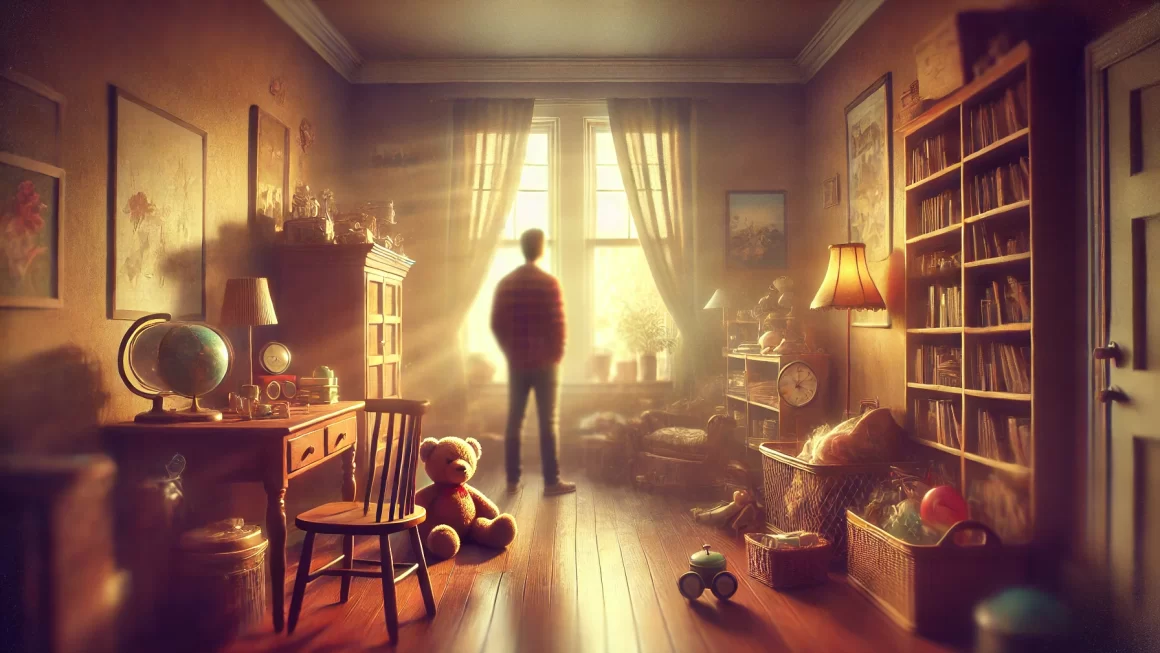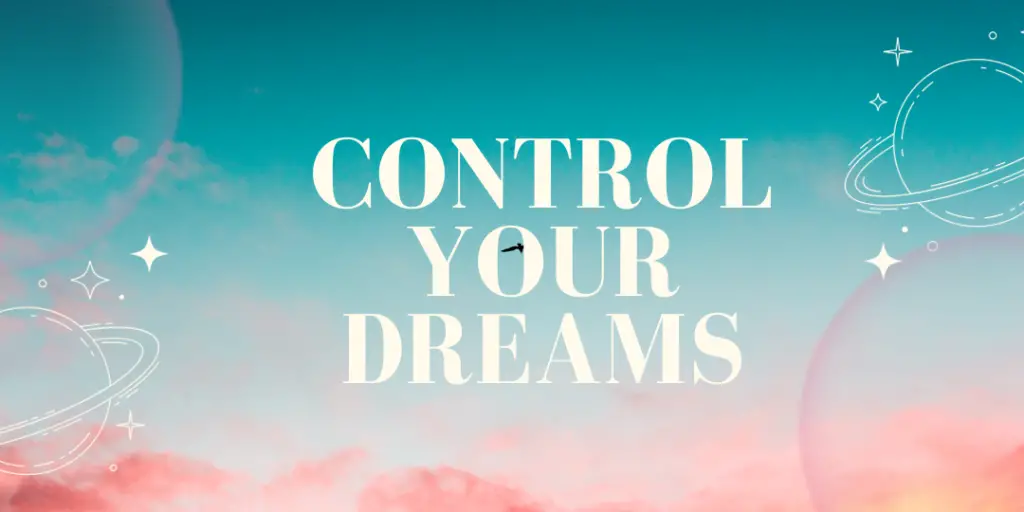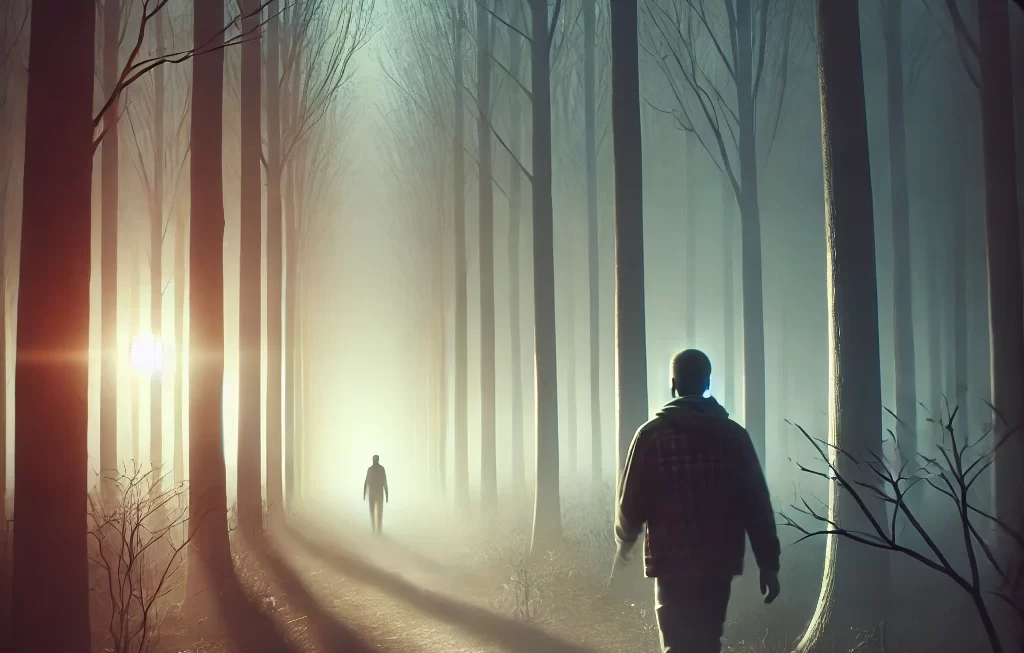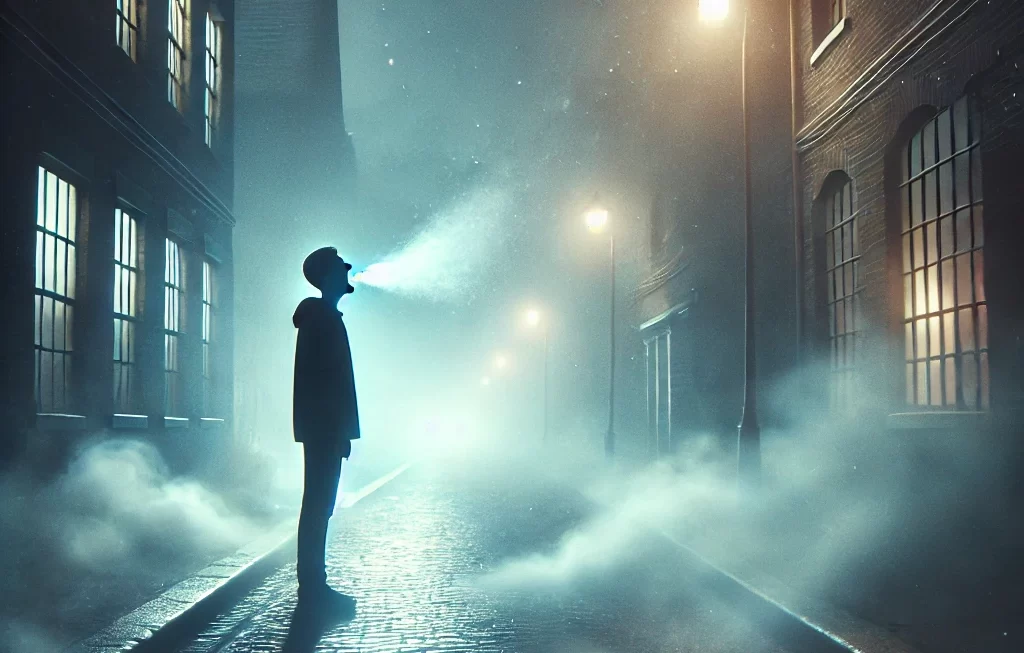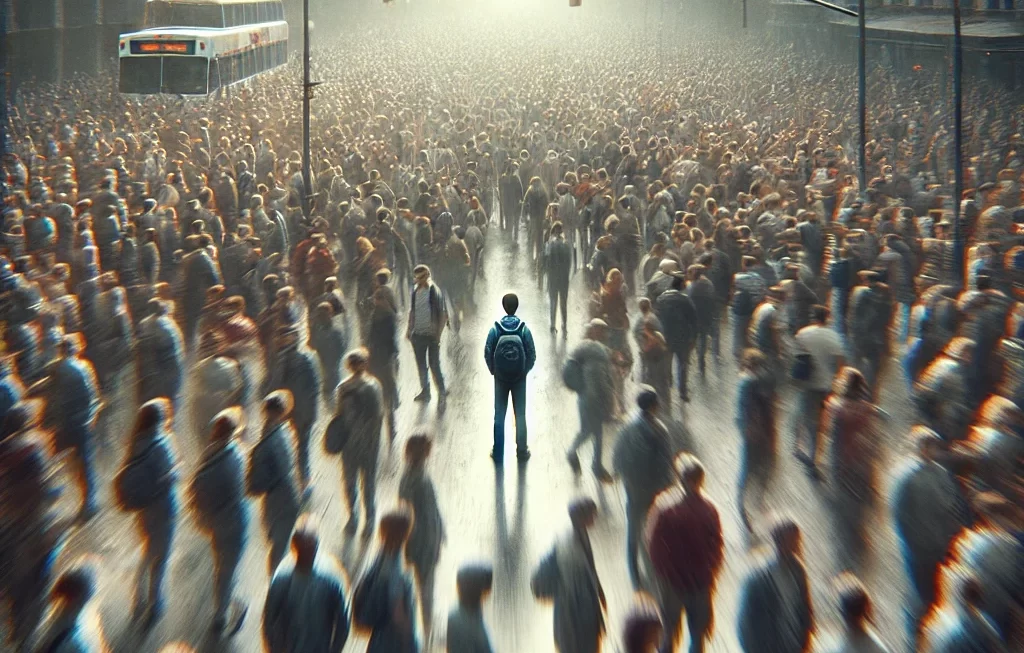Contents
Recalling Childhood Experiences in Dreams
Dreams can be mysterious, often leaving us puzzled about their meanings and origins. It’s not uncommon to dream about a childhood experience or place, leaving you wondering why these memories surfaced during your sleep. These dreams can hold significant emotional and psychological meanings, offering insights into your subconscious mind and personal growth.
The Most Likely Reason for Dreaming About Childhood Experiences
When you dream about a childhood experience or place, it is often your subconscious mind’s way of bringing unresolved feelings or forgotten memories to the surface. These dreams can serve as a powerful message from your inner self, indicating that there are significant emotions or experiences from your past that still hold sway over your present life.
Think of your subconscious as a vast archive of all your life’s experiences, emotions, and lessons. Childhood is a critical period where many foundational experiences occur, shaping who you are. These early memories can harbor unresolved emotions, such as fear, joy, sadness, or excitement, that your subconscious mind may want you to revisit and process.
Your subconscious might be drawing connections between current situations and past experiences. For example, if you are facing a stressful situation at work or in your personal life, your mind might recall a similar feeling from your childhood, perhaps a time when you felt vulnerable or powerless. The dream becomes a bridge, linking the past to the present, urging you to address these old emotions with the wisdom and strength you have now as an adult.
These dreams can also be reflective of recurring themes or patterns in your life. If you often dream of a particular childhood event or place, it might indicate a recurring issue or lesson that you need to understand and integrate. Your subconscious is essentially highlighting these memories, saying, “Look here, there’s something important you need to remember or resolve.”
In some cases, dreaming about childhood can signal a desire for reassurance or comfort. Life’s challenges can sometimes feel overwhelming, prompting your mind to seek solace in a time when things seemed simpler and safer. This can be a form of self-soothing, reminding you of the resilience and innocence of your younger self, qualities that can be tapped into even now.
These dreams can also be a sign of personal growth and transformation. As you evolve and change, your subconscious might bring up past memories to show you how far you’ve come. By reflecting on these childhood experiences, you can gain a deeper understanding of your journey, recognizing the progress you’ve made and the strengths you’ve developed.
Pay close attention to the emotions and details within these dreams. Are there specific people, places, or events that stand out? What feelings do they evoke? These elements can provide valuable clues about what your subconscious is trying to communicate. By exploring these dreams with curiosity and openness, you can unlock profound insights into your emotional landscape and take meaningful steps towards healing and self-improvement.
Similar or Related Dreams
Similar dreams might include revisiting your childhood home, encountering old friends, or reliving past events. These dreams can share the common theme of reconnection with your younger self. Dreams of school days, family gatherings, or even childhood fears can all be related, as they tap into significant periods of emotional development and personal history.
Other Possible Reasons for the Dream
Aside from unresolved emotions, dreaming about childhood can also signify a longing for simpler times or a desire to reconnect with a more innocent or carefree version of yourself. It might also be a way for your mind to cope with current stress or changes by retreating to a familiar and comforting time. Additionally, these dreams can be a response to current life events that remind you of your past, acting as a bridge between then and now.
Exploring Childhood Dreams Through Lucid Dreaming
Lucid dreaming, the practice of becoming aware that you are dreaming while still in the dream state, can be a powerful tool for exploring and understanding these childhood dreams. When you realize you are dreaming, you can take control of the narrative. This can allow you to confront unresolved issues, seek answers to lingering questions, or simply experience the joy and innocence of your childhood once more.
To start lucid dreaming, keep a dream journal to record and reflect on your dreams. Practice reality checks during the day to increase your awareness. Once you achieve lucidity, you can actively engage with your dream by asking questions, exploring your environment, or even changing the dream’s outcome. This can lead to deeper self-awareness and emotional healing, as the insights gained in your dream state can be applied to your waking life, helping you process and integrate these experiences more fully.
By engaging with your dreams in this way, you can uncover hidden aspects of yourself, resolve past conflicts, and gain a deeper understanding of your current emotional landscape. Dreams about childhood experiences or places are not just echoes of the past but opportunities for growth and self-discovery.
